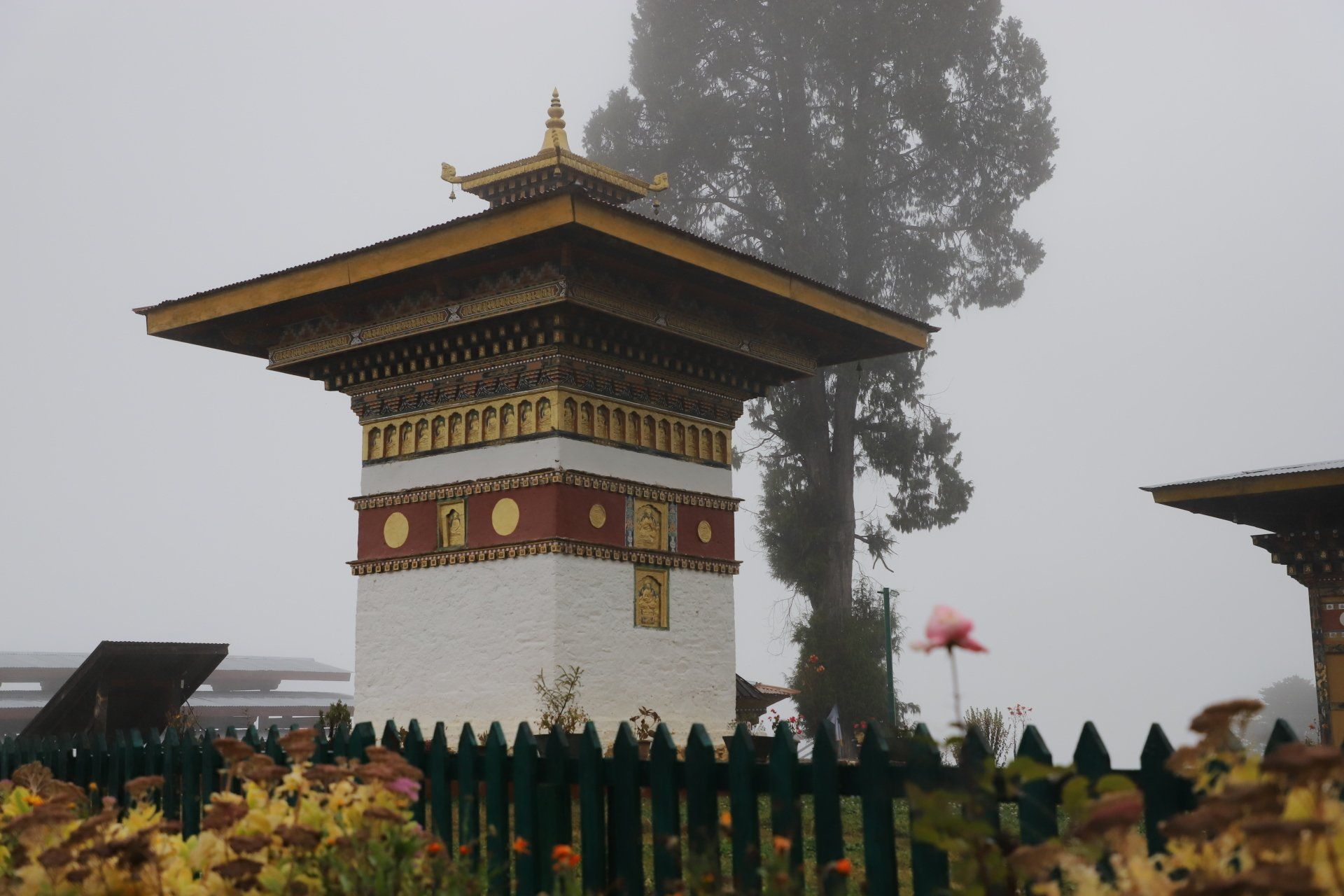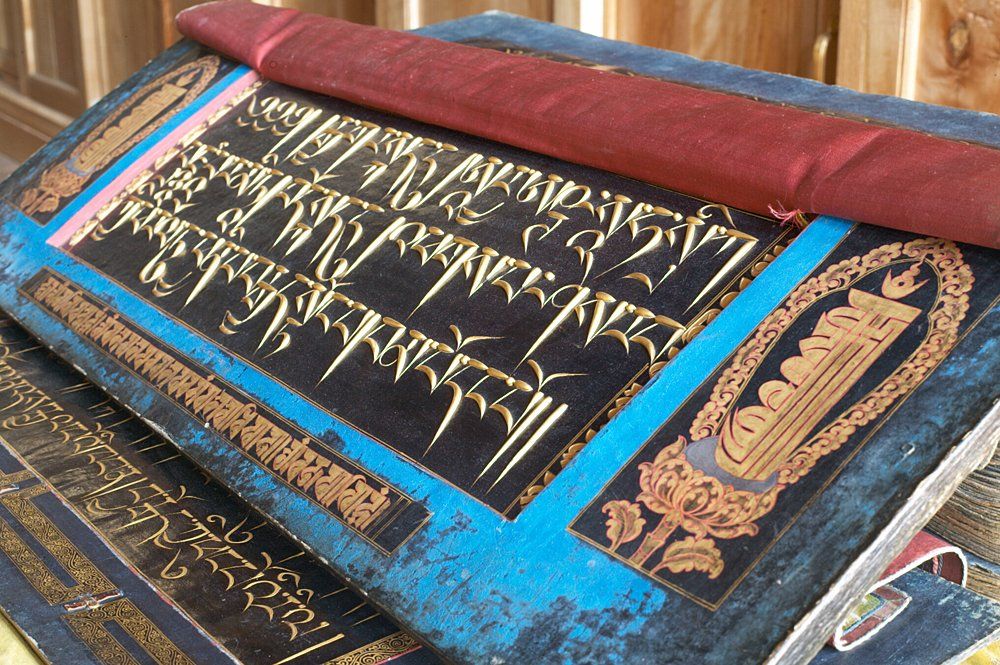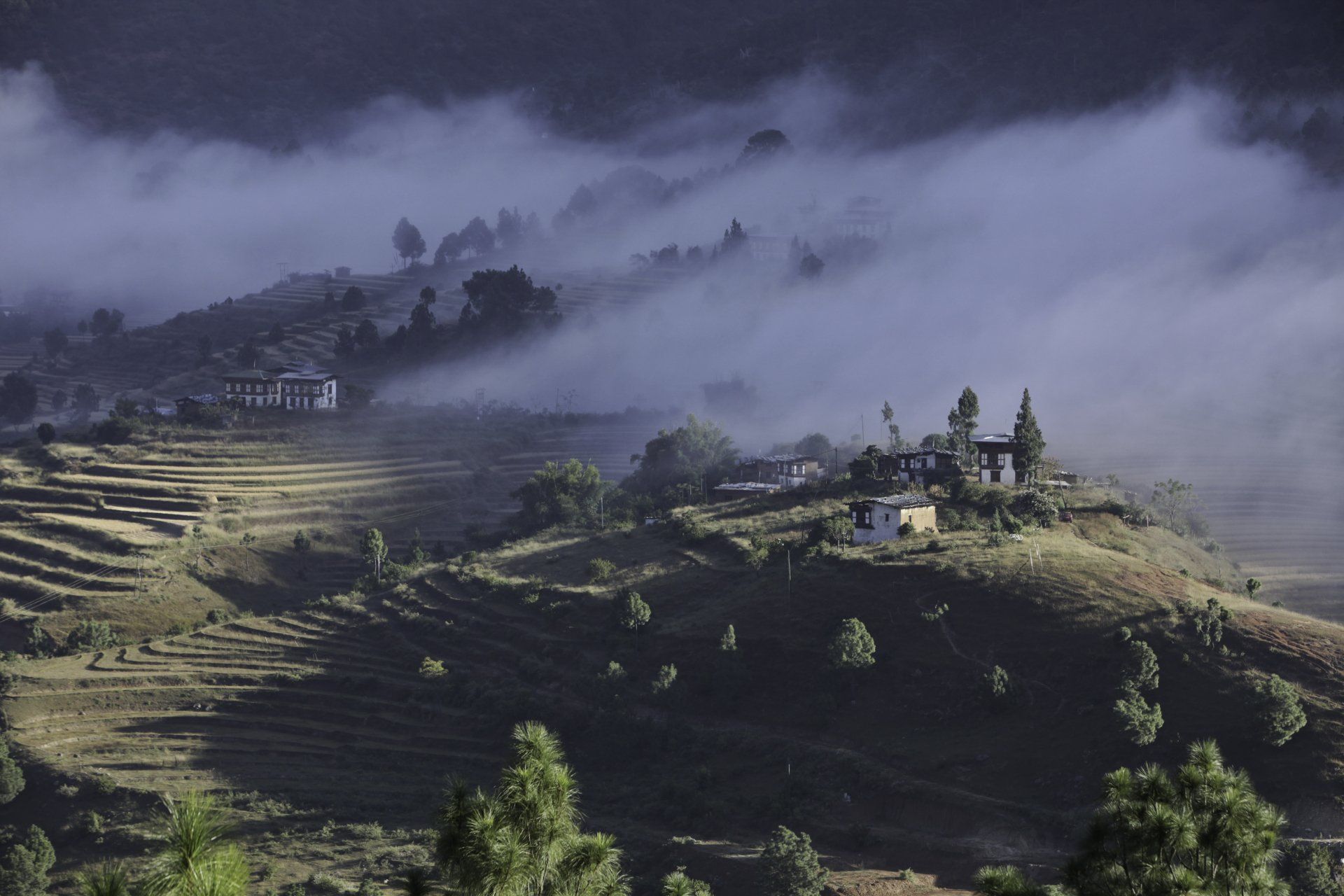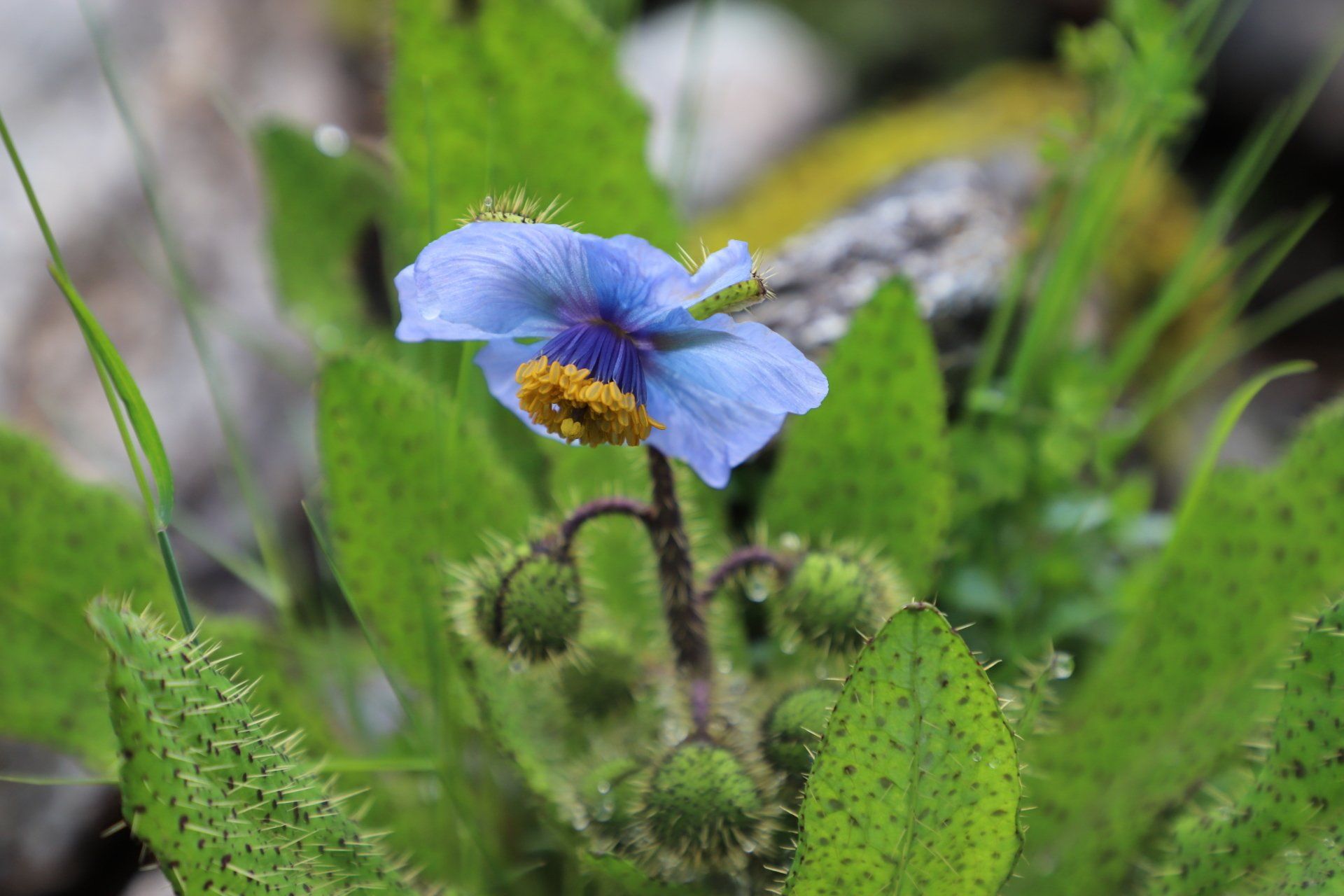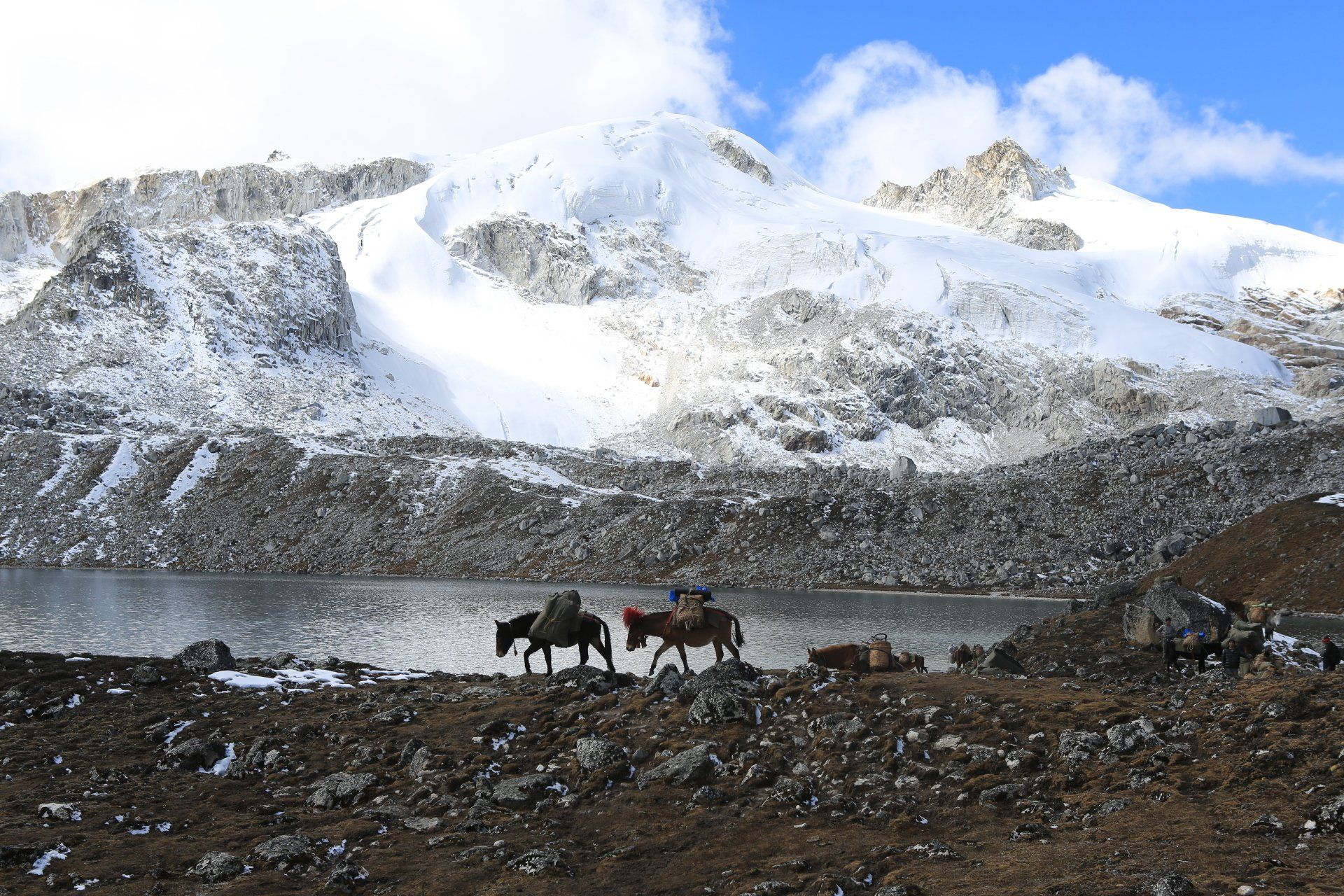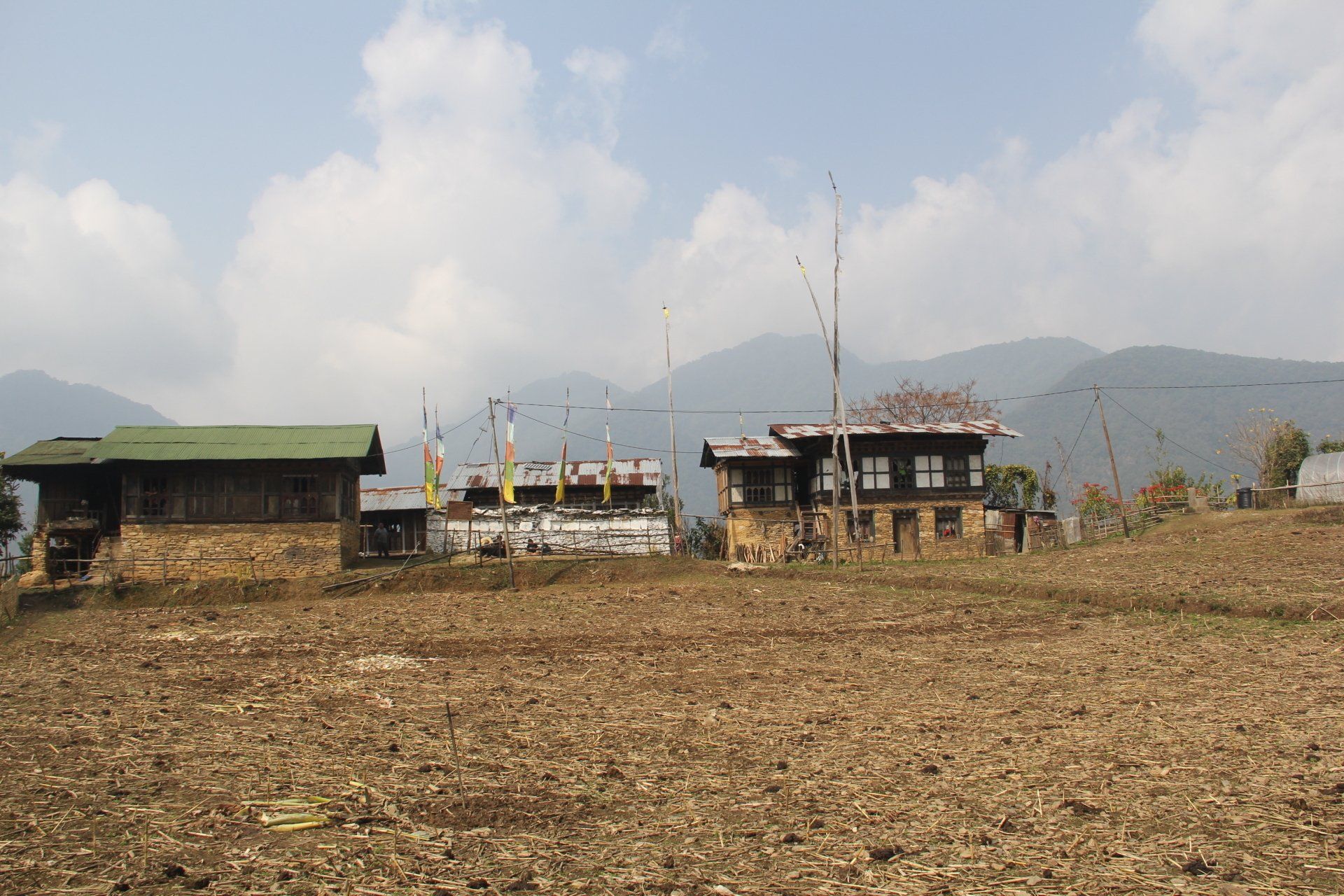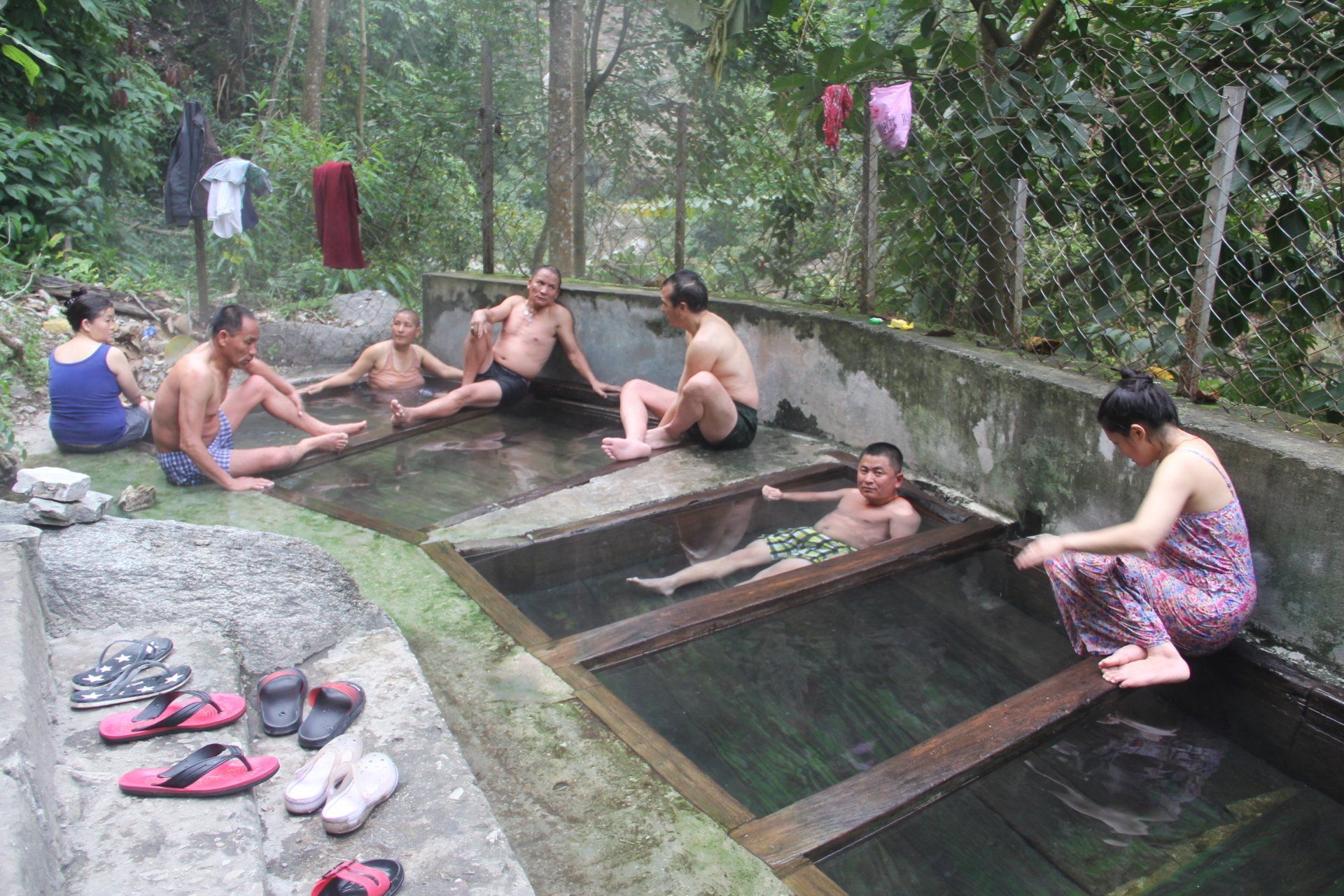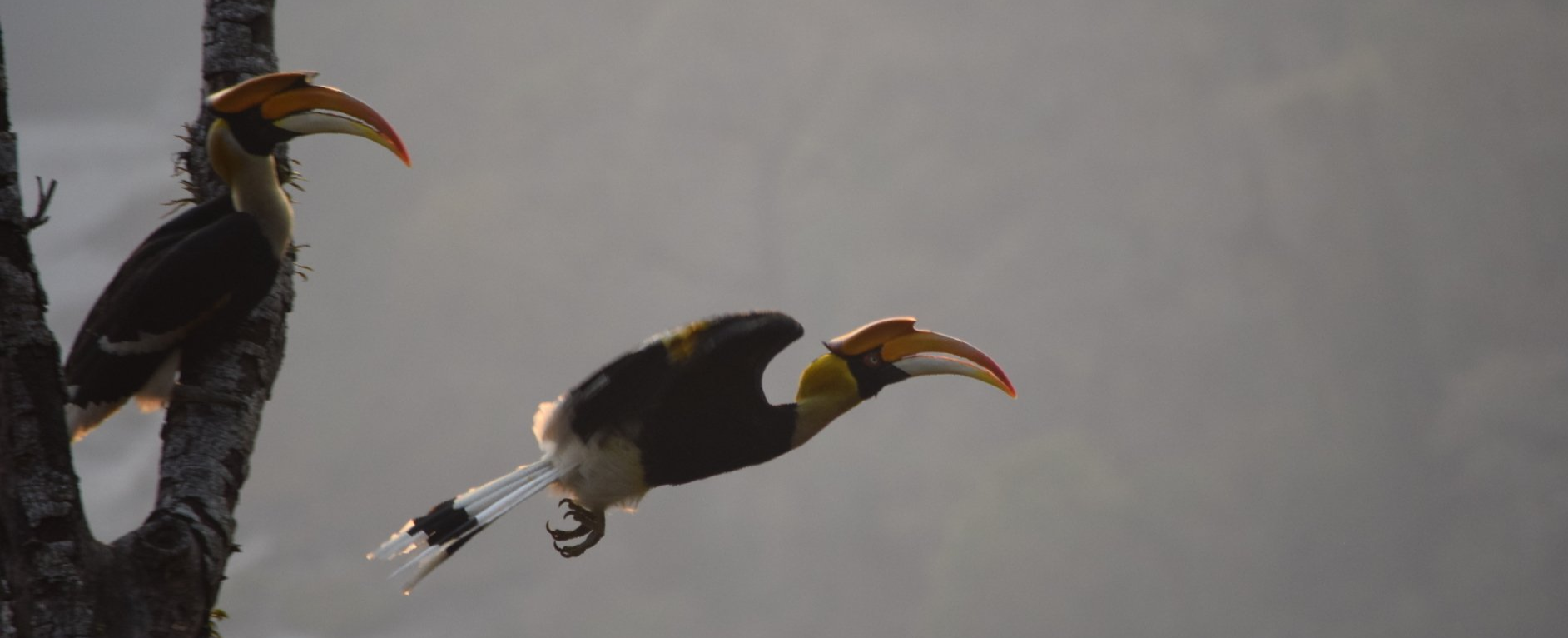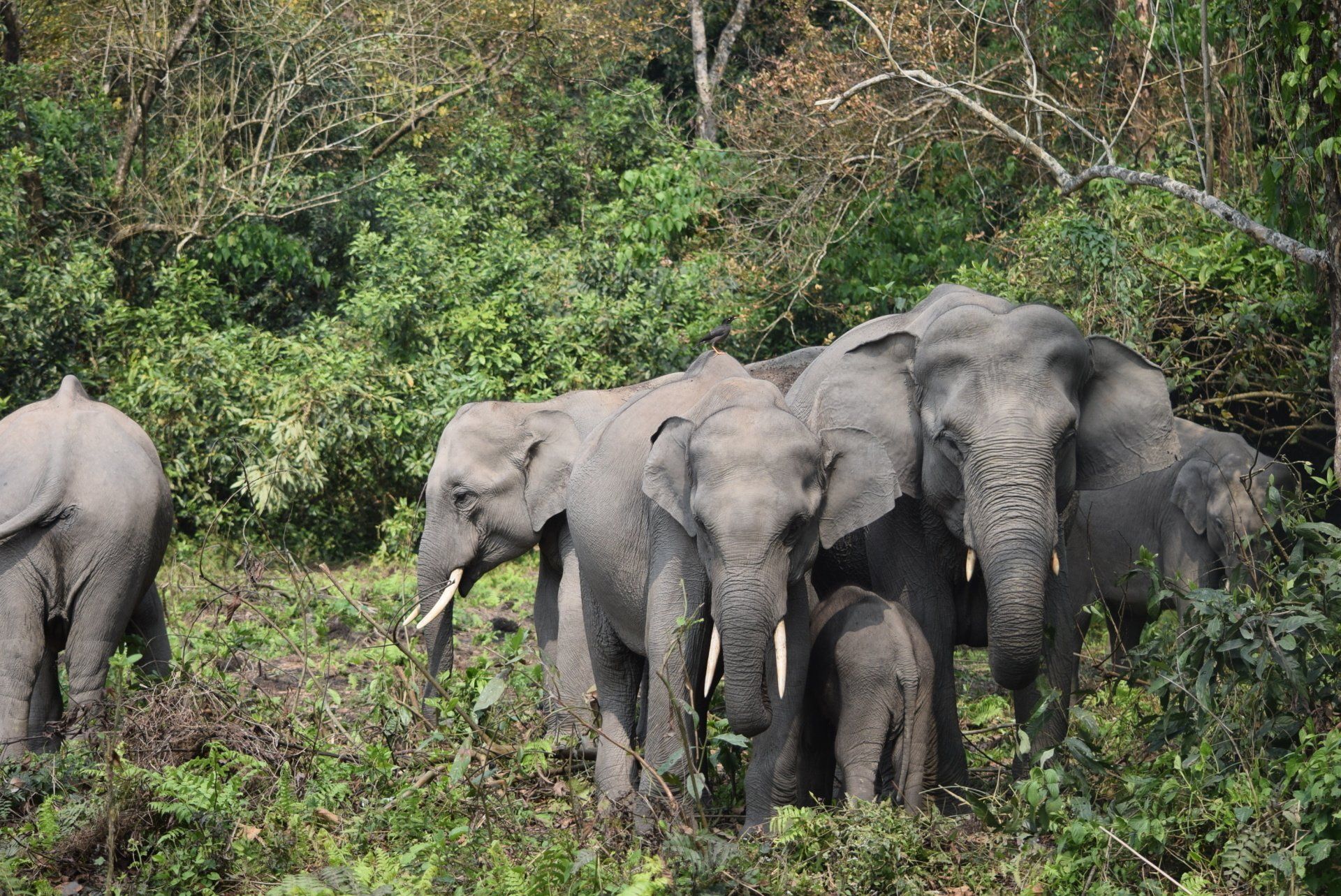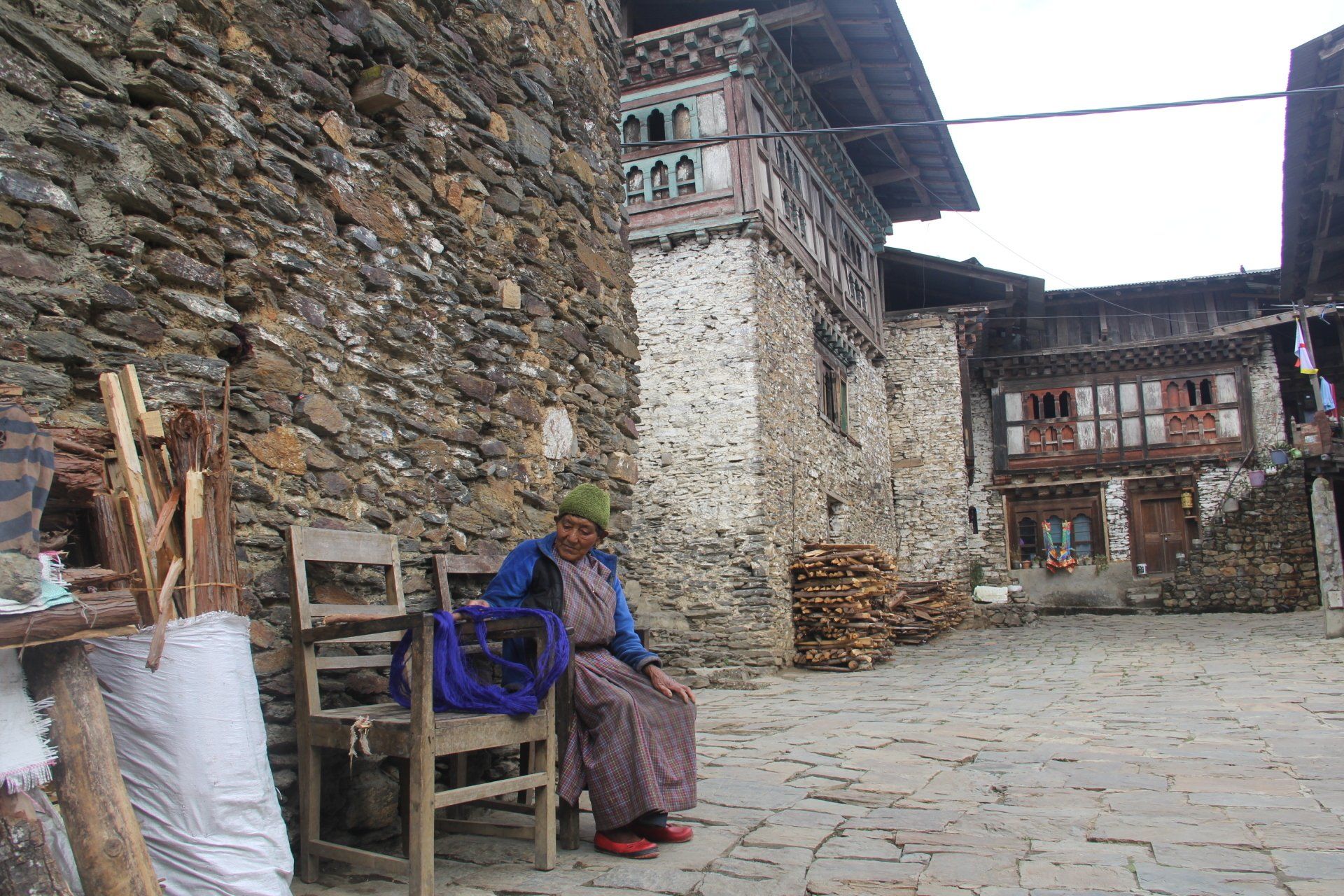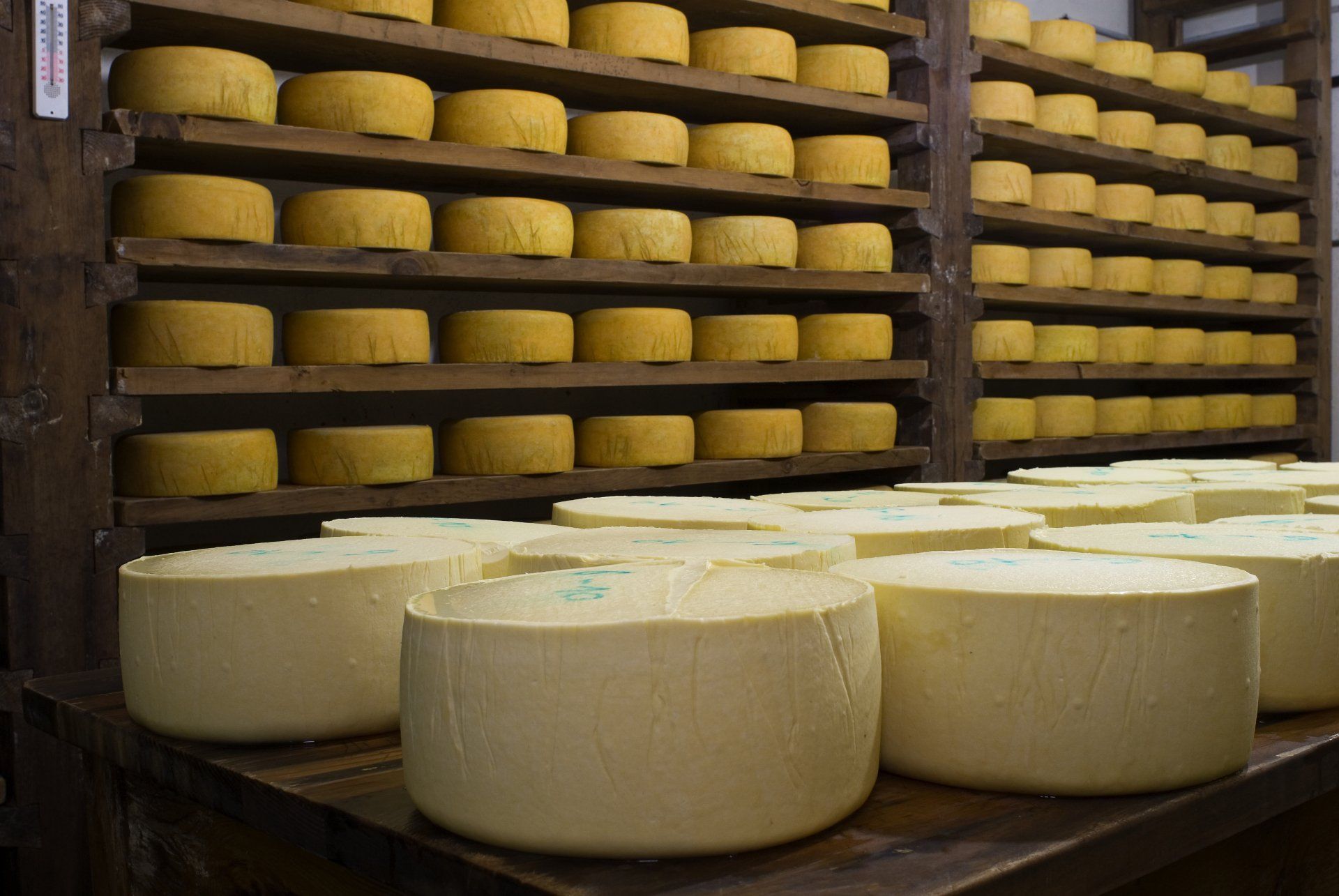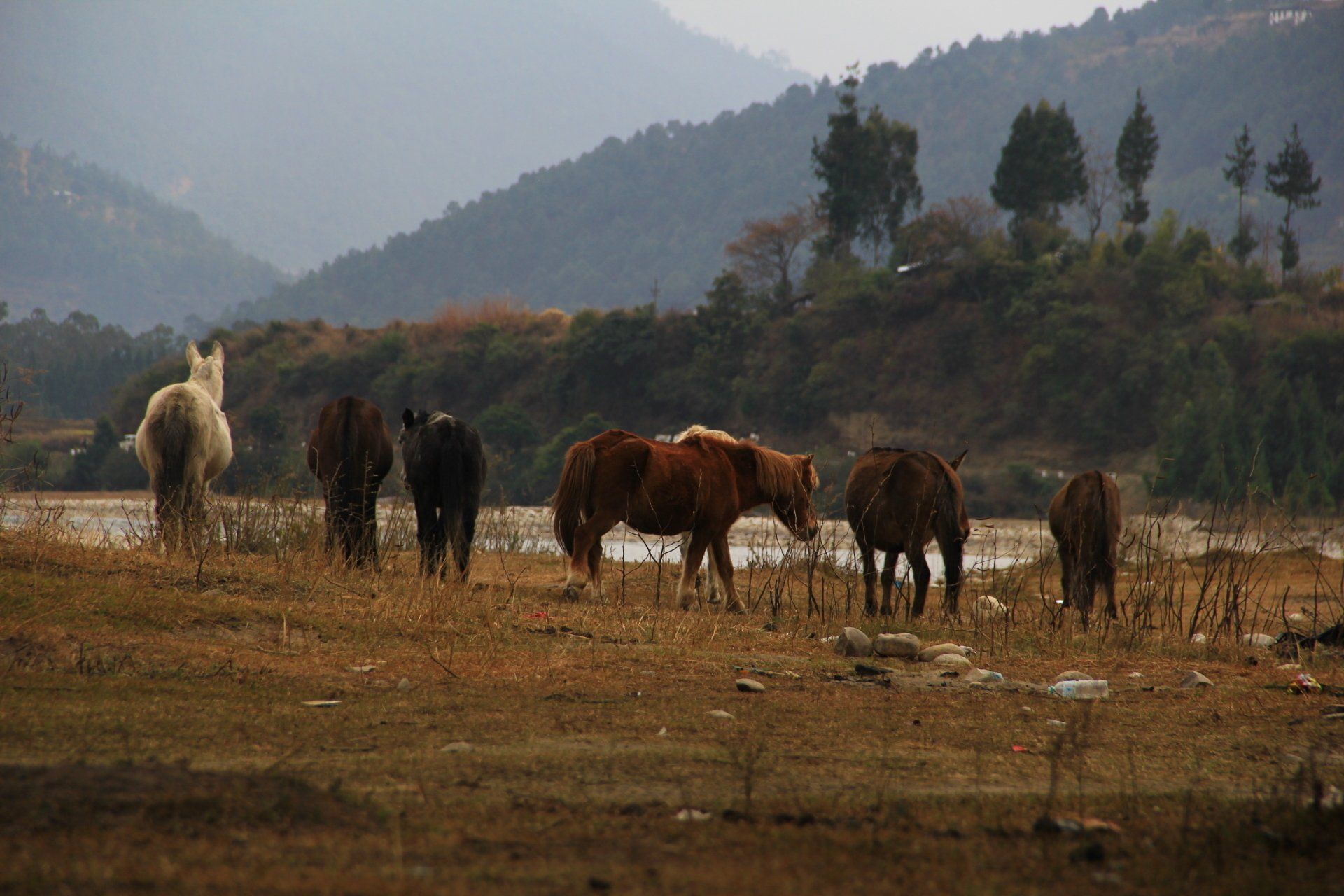Why Bhutan is the future of the next holiday destination?
Bhutan awaits your arrival!
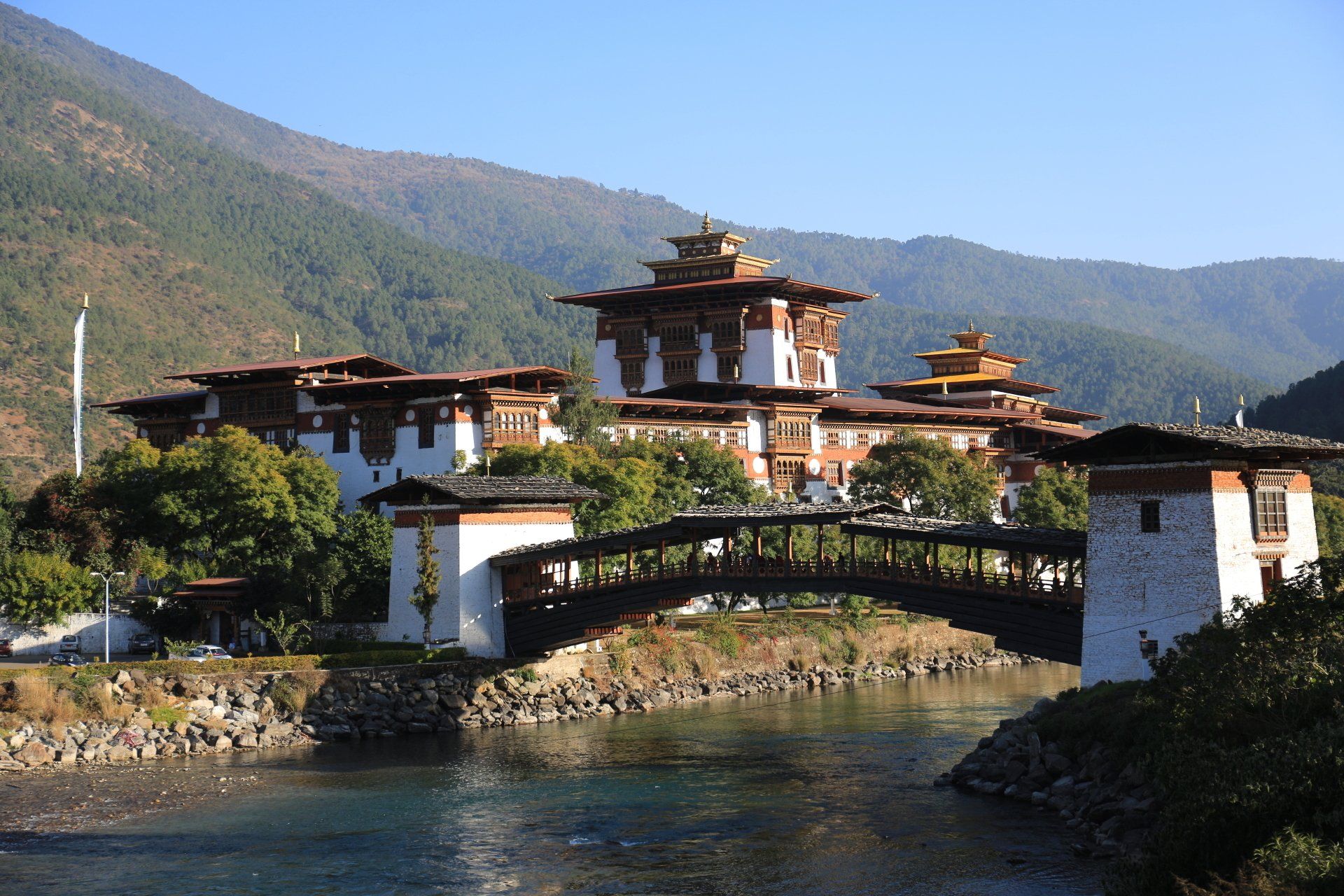
The world is in the middle of a war, gripped by a dreaded public health crisis. The Covid-19 pandemic has been raging since the beginning of 2020. Even as the invisible enemy continues to spread across countries and continents, millions of people are either hunkered down at home or are adjusting to the new normal of wearing a face mask and keeping distance from each other. The days of those beautiful smiles and bear hugs seem far away.
However, if we look back at the history of human hope and optimism, the war will be over sooner than later. People will come out of their homes, rebuild their dreams, and start living their lives. The travel bug will be up and about. And so will be travelers. Traveling in the new normal might be somewhat different though. There will be lot more care and cautiousness. Travel destinations would be vetted with extreme care.
Some may even ask: does traveling really matter in these trying times?
Of course, travelling matters. It has been a part of human evolution and people travelled for different reasons. The Venetian merchant Marco Polo travelled all the way from Italy to China for the sake of commerce and business along what we today know as the ‘Silk Road’. Later, the great seafarer and explorer, Christopher Columbus, travelled to the new world to find present-day America. While some travelled to fight, others travelled to find love. Many travelled simply to wander across new places, meet new people, and learn about the unknown.
Travelling post-Covid 19 will be somewhat uncertain. It will mean navigating risks and dangers to one’s health and life. So, it will mean choosing one’s travel destination with extreme care. Because you are travelling to relax and reset your life, to find freedom and some happiness, the choice of your travel destination becomes even more important. Could Bhutan be that safe and soul-liberating destination?
First, where is Bhutan?
It’s in the remote Himalayas, safely tucked away from the ongoing public health crisis. The country’s tourism policy makes it possibly the safest bet for post-Covid 19 travel.
With a population of less than 800,000 people, the tiny Switzerland-sized Buddhist nation, doesn’t allow mass tourism. More than 70 percent of the country remains under undisturbed forest coverage and its snowcapped Himalayan mountains rise as high as 7,800 meters above sea level. A number of national parks, wild life sanctuaries, and nature reserves make up for than 43% of the country. The pristine countryside and undulating mountain ranges allow great mental and spiritual freedom for trekkers and hikers.
The Bhutanese government’s ‘High Value Low Impact’ tourism policy has made the country a premium destination with only a minimal tourists visiting the country each year. This means no backpackers and freeloaders. Imagine a country with only 70,000 tourists in 2019. Well, that is Bhutan.
Bhutan – an ultimate destination to reflect, relax, and reset
Bhutan is primarily an agrarian country with 60 percent of people living in the countryside engaging in subsistence farming. The country’s governing development philosophy is Gross National Happiness, better known to outside world as GNH. The idea behind GNH—as opposed to GDP (Gross Domestic Product, the main measuring tool of development and progress in the old Western model)—is that the ultimate measure of development and progress of a country must be reflected in its people’s overall wellbeing, both material and spiritual.
For Bhutanese, GNH means a good government that creates an enabling environment for people to pursue happiness in a meaningful way. This means conservation of the natural environment, pursuit of spiritual progress, a corruption-free government, ensuring workers’ welfare, and promotion of age-old culture and tradition, among others. The result is a country at peace with itself, and people at peace with themselves!
For outsiders, this is what makes Bhutan a wholesome place, a travel destination close to the heavens. People who have visited Bhutan speak of how their experience of travelling in Bhutan changed their outlook to life and the very act of living.
Bhutan – the path to your spiritual realization and wellness
The majestic fortresses all over the country, the timeless temples and monasteries, thousands of monks chanting daily prayers, and people cultivating merits of life is what makes Bhutan the center of world’s Buddhist heritage. Once upon a time, Tibetans called Bhutan the southern land of medicinal herbs, and even today traditional medicine continues to heal the unwell. There are numerous traditional doctors specialized in various ailment including traditional spa, massage, and therapy.
Bhutan is the last kingdom in the world where Tantric Mahayana Buddhism is practiced as a way of life. This branch of Buddhism teaches about impermanence of life and how to face death. Bhutanese are taught about impermanence and death right from their childhood. This is why Bhutanese are a peace-loving people who renounce material welfare for spiritual pursuit at some point of their life.
There is an old proverb that says ‘The most difficult journey is the journey inward.’ It is probably not an overstatement to say that travelling in Bhutan could be the beginning of your journey inward.
To reflect on your life’s journey, you need a place. To be at peace with yourself, you need peace in your surrounding. To find your worth in this vast universe, you need a moral compass. Bhutan possibly is the answer here.
What this pandemic has taught us is that one’s health, wellness, and mental contentment is more important than anything else in life. It has taught us to love our families and friends. It has taught us to be kinder to the world. And it has once again taught us that life is impermanent and death will eventually round us up. It’s, therefore, never too late to begin that spiritual journey inward.
Bhutan awaits your arrival!
